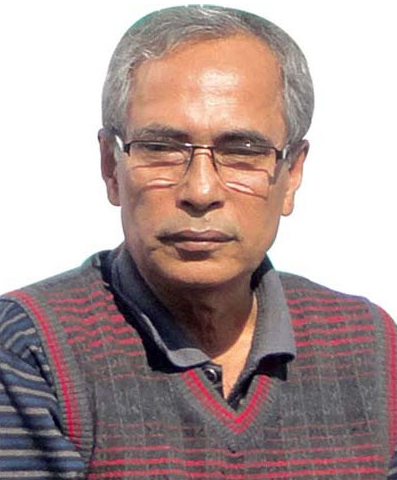Time to put the RTI Act on the right track
Tuesday, October 15, 2024
Shamsul Bari and Ruhi Naz
The country’s fledgling Right to Information (RTI) regime has not escaped the popular demand for sweeping governance reform since the interim government assumed power. This was inevitable as the entire tenure of the RTI Act 2009 in Bangladesh coincided with the 15-year rule of the ousted government. Like many other laws of the land, it too suffered the debilitating consequences of an autocratic rule affecting all democratic institutions of the country. However, the inherent potential of the law to establish people’s oversight of government activities remains intact. A new government with a mandate to restore peoples’ sovereignty has ignited new hope for it.
Since its inception, the primary objective of this column has been to enhance the effective use of the RTI Act by citizens to promote good governance. The relatively scarce use of the law over the years has yielded some positive outcomes in a limited field of government activities, but no significant gains were made on larger issues of national importance. Read more

